In the rapidly evolving landscape of digital marketing, Artificial Intelligence (AI) has emerged as a game-changer, transforming how businesses connect with their audiences, optimize campaigns, and drive growth. From enhancing customer experiences to automating complex processes, AI is redefining the future of digital marketing. This article explores the various ways AI is shaping this dynamic field and what it means for businesses aiming to stay ahead in the competitive market.
1. Enhanced Data Analysis and Insights
One of the most significant contributions of AI to digital marketing is its ability to process and analyze vast amounts of data swiftly and accurately. Traditional data analysis methods often fall short when dealing with the sheer volume and complexity of modern marketing data. AI-powered tools, however, can sift through this data to uncover patterns, trends, and actionable insights that marketers can leverage to refine their strategies.
Key Benefits:
- Real-Time Analytics: AI enables real-time data analysis, allowing marketers to make timely decisions based on current trends and user behaviors.
- Predictive Analytics: By analyzing historical data, AI can predict future trends, helping businesses anticipate market shifts and adjust their strategies accordingly.
- Customer Segmentation: AI can identify distinct customer segments based on behavior, preferences, and demographics, enabling more targeted marketing efforts.
2. Personalized Customer Experiences
Personalization has become a cornerstone of effective digital marketing, and AI is taking it to the next level. By leveraging machine learning algorithms, AI can deliver highly personalized experiences tailored to individual user preferences and behaviors.
How AI Enhances Personalization:
- Dynamic Content Delivery: AI can adjust website content, product recommendations, and email marketing messages in real-time based on user interactions and preferences.
- Personalized Advertising: AI-driven advertising platforms can create personalized ad campaigns that resonate more deeply with individual users, increasing engagement and conversion rates.
- Customer Journey Mapping: AI can track and analyze every touchpoint in a customer’s journey, allowing marketers to deliver relevant content and offers at precisely the right moment.
Know here – How AI Improves Email Marketing A/B Testing for Higher Conversions
3. Intelligent Chatbots and Customer Service
AI-powered chatbots have revolutionized customer service by providing instant, 24/7 support. These intelligent bots can handle a wide range of tasks, from answering frequently asked questions to guiding users through complex processes.
Advantages of AI Chatbots:
- Improved Response Times: Chatbots can respond to customer inquiries instantly, reducing wait times and enhancing user satisfaction.
- Cost Efficiency: By automating routine tasks, businesses can reduce the need for large customer service teams, leading to significant cost savings.
- Scalability: AI chatbots can handle multiple interactions simultaneously, ensuring consistent service quality even during peak times.
4. Automated Content Creation and Curation
Content marketing is king in digital marketing, but creating high-quality content consistently can be challenging. AI is streamlining this process by automating content creation and curation.
AI in Content Marketing:
- Automated Writing: Tools like GPT-4 can generate blog posts, product descriptions, and social media updates, saving marketers valuable time and resources.
- Content Curation: AI can sift through vast amounts of content to curate relevant articles, videos, and images that align with a brand’s voice and audience interests.
- SEO Optimization: AI-powered tools can analyze content for SEO best practices, ensuring that articles are optimized for search engines and have a higher chance of ranking well.
5. Smarter Advertising and Campaign Management
AI is revolutionizing digital advertising by making campaigns more efficient and effective. From programmatic advertising to intelligent bidding strategies, AI is enhancing every aspect of ad management.
AI-Driven Advertising Solutions:
- Programmatic Advertising: AI automates the buying and placement of ads in real-time, ensuring that they reach the right audience at the right time.
- Predictive Bidding: AI algorithms can predict the best bid prices for ad placements, optimizing budgets and maximizing return on investment (ROI).
- Ad Performance Optimization: AI continuously monitors ad performance and makes data-driven adjustments to improve effectiveness, such as tweaking headlines, images, or targeting parameters.
6. Advanced SEO Strategies
Search Engine Optimization (SEO) is critical for driving organic traffic, and AI is enhancing SEO strategies by providing deeper insights and more precise optimization techniques.
AI’s Impact on SEO:
- Voice Search Optimization: With the rise of voice assistants, AI is helping marketers optimize content for voice search queries, which tend to be more conversational and long-tail.
- Semantic Search Understanding: AI enables search engines to understand the context and intent behind queries, allowing marketers to create content that better matches user intent.
- Automated SEO Audits: AI tools can perform comprehensive SEO audits, identifying issues like broken links, duplicate content, and keyword gaps, and providing actionable recommendations for improvement.
7. Future Trends and Potential Developments
As AI technology continues to advance, its influence on digital marketing is set to grow even further. Here are some future trends to watch:
Emerging AI Trends in Digital Marketing:
- Hyper-Personalization: AI will enable even more granular personalization, tailoring content and experiences to individual user preferences in real-time.
- Emotion AI: By analyzing user emotions through facial recognition and sentiment analysis, AI can create more emotionally resonant marketing campaigns.
- AI-Driven Video Marketing: AI will enhance video creation and editing processes, making it easier to produce high-quality, engaging video content.
Conclusion
AI is undeniably reshaping the future of digital marketing, offering unprecedented opportunities for businesses to enhance their strategies, engage more effectively with their audiences, and achieve greater success. By embracing AI technologies—from data analysis and personalized experiences to intelligent chatbots and automated content creation—marketers can stay ahead of the curve and drive their businesses forward in an increasingly competitive digital landscape.
As AI continues to evolve, staying informed about the latest developments and integrating these advanced tools into your marketing strategy will be crucial for maintaining a competitive edge. Embrace the power of AI and unlock the full potential of your digital marketing efforts today.
FAQs
1. What is AI in digital marketing?
AI in digital marketing refers to the use of artificial intelligence technologies, such as machine learning and natural language processing, to enhance marketing strategies, automate processes, and deliver personalized experiences to users.
2. How does AI improve customer personalization?
AI analyzes user data and behavior to tailor content, product recommendations, and marketing messages to individual preferences, enhancing user engagement and increasing conversion rates.
3. Can AI replace human marketers?
While AI can automate many tasks and provide valuable insights, it complements human marketers by handling data-driven processes, allowing humans to focus on creative and strategic aspects of marketing.
4. What are some popular AI tools for digital marketing?
Popular AI tools include Google Analytics for data analysis, HubSpot for marketing automation, ChatGPT for content creation, and Hootsuite for social media management.
5. Is AI expensive to implement in digital marketing?
The cost of AI implementation varies depending on the tools and scale of use. Many AI-powered tools offer scalable pricing models, making them accessible to businesses of all sizes.
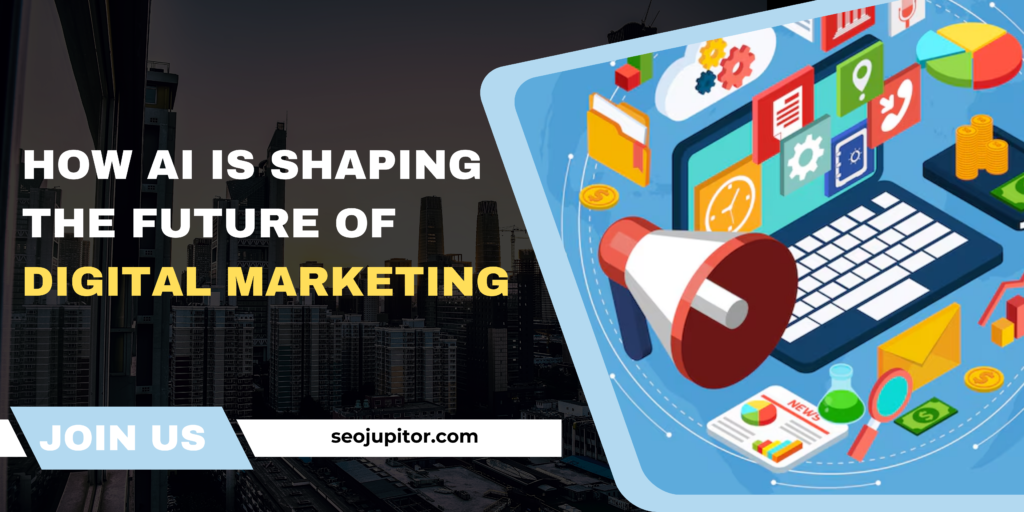
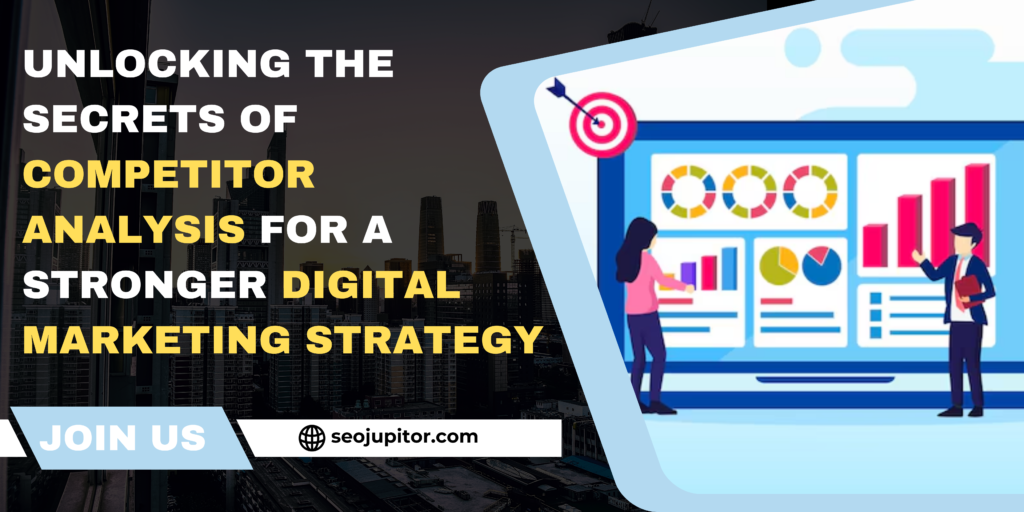
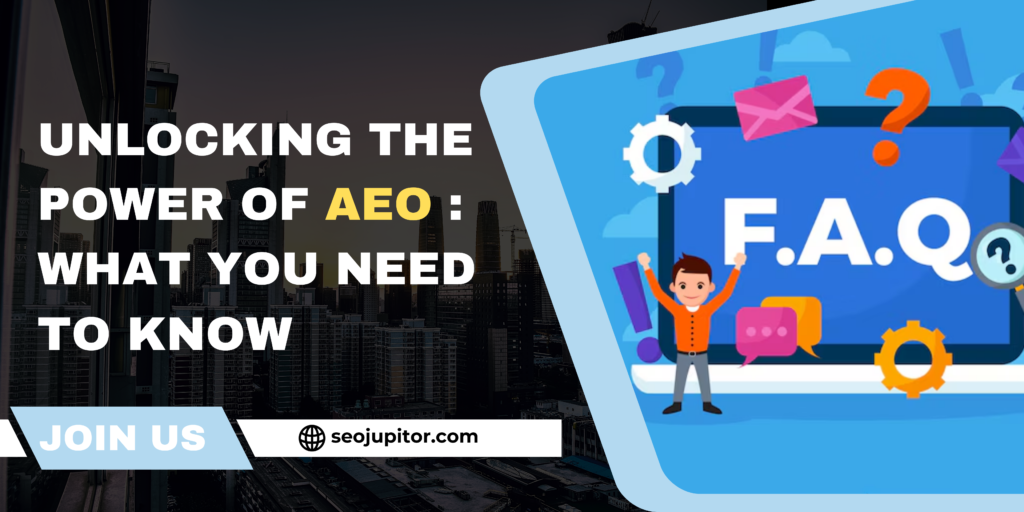
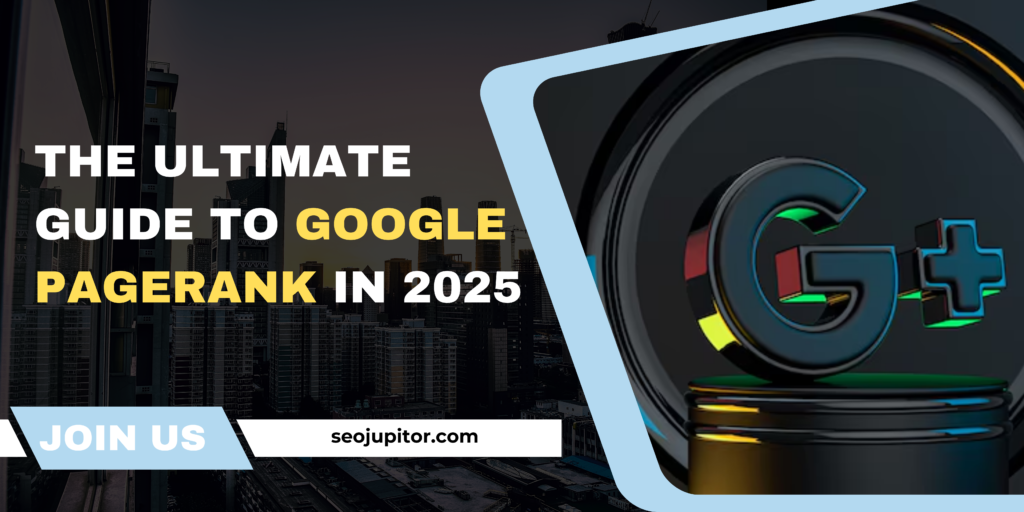
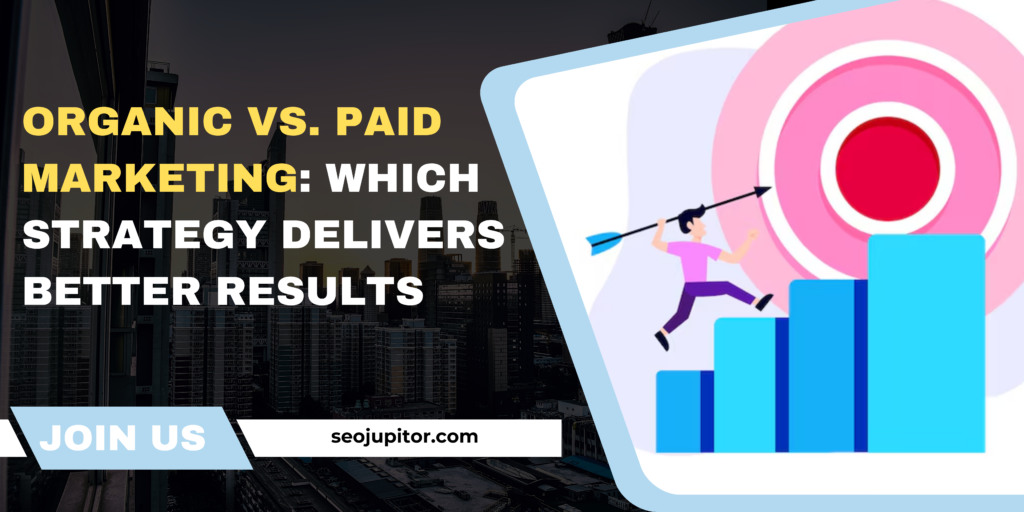
Pingback: AI Search Engines in 2025: Top Picks and Key Features